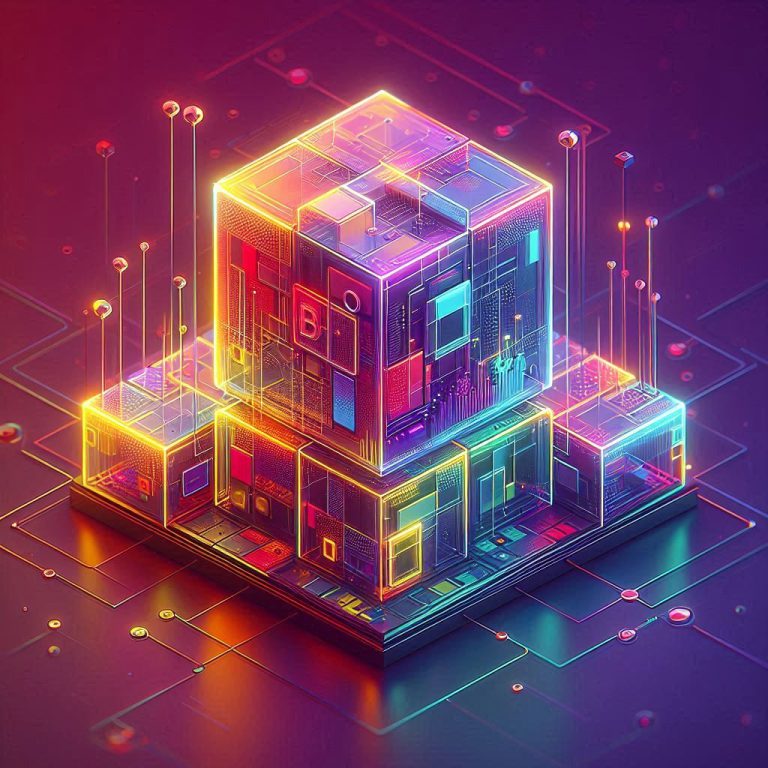What is Block?
Block definition: A collection of transactions recorded on a blockchain, serving as the core data structure.
A ‘block’ in blockchain represents a unit of verified data or transactions added to the blockchain. Comparable to a page in a ledger or a database record, blocks are the foundational elements that, when linked, create the larger blockchain structure.
Primarily, a block serves as a storage container for transaction details, including amounts, parties involved, and timestamps. Once a block reaches its data limit, a new block is created to record further transactions.
Each block contains two key elements: a unique code called a ‘hash’ and the hash of the previous block. This sequence of hashes ensures an unchangeable, chronological chain. If any data in a block is altered, its hash changes, breaking the chain and indicating tampering. This feature is fundamental to the blockchain’s security and reliability.
Creating a block is a complex process. In systems like Bitcoin, it involves ‘miners’ solving mathematical puzzles—a method called ‘proof-of-work.’ Upon solving the puzzle, the miner submits the new block for network approval. Once verified, the block is added to the chain, and the miner earns a cryptocurrency reward.
In short, a ‘block’ is more than a data unit in cryptocurrency. It verifies transactions, protects against fraud, and supports the decentralized blockchain structure. As digital assets and decentralized systems evolve, blocks continue to highlight the security and potential of blockchain technology.
Share this post












